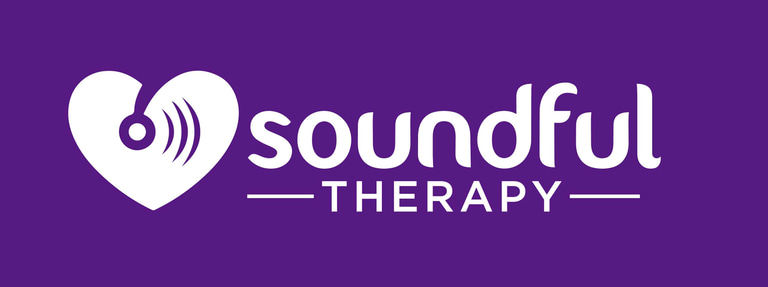The Power of Music: How It Helps with Alzheimer's
Discover the amazing benefits of music for Alzheimer's patients. Learn how music can improve memory, boost mood, and bring happiness to those with Alzheimer's.
Music has a profound impact on individuals with Alzheimer's. Research shows that listening to familiar songs can trigger memories and enhance cognitive function. In addition, music therapy has been proven to reduce anxiety, depression, and agitation among Alzheimer's patients.
Chemical Brain: Several chemicals and neurotransmitters in the brain are associated with feelings of joy, happiness, and well-being, and music therapy can indeed influence their release. Some of the key neurotransmitters and hormones involved in the brain's response to music include:
Dopamine: Often referred to as the "feel-good" neurotransmitter, dopamine plays a crucial role in the brain's reward system. Listening to music, especially music that one enjoys, can trigger the release of dopamine, leading to feelings of pleasure and happiness.
Serotonin: Serotonin is known as the "happiness hormone" and is involved in regulating mood, emotions, and social behavior. Music therapy has been shown to increase serotonin levels, contributing to improved mood and reduced feelings of depression.
Endorphins: Endorphins are natural painkillers produced by the brain, and they are also associated with feelings of euphoria and well-being. Engaging in music therapy activities, such as singing or playing musical instruments, can stimulate the release of endorphins, leading to a sense of happiness and relaxation.
Oxytocin: Often called the "love hormone" or "bonding hormone," oxytocin is released during social bonding activities and is associated with feelings of trust, empathy, and connection. Music therapy, particularly group music-making activities, can promote the release of oxytocin, fostering a sense of emotional connection and well-being among participants.
Alzheimer's patients may not be able to communicate with you verbally on how much they enjoy music sessions, but make sure to note their overall demeanor.
Read the scientific research study on: EEG Analysis of the Contribution of Music Therapy and Virtual Reality to the Improvement of Cognition in Alzheimer’s Disease.
CITE: MLA
Byrns, Alexie, et al. "EEG Analysis of the contribution of music therapy and virtual reality to the improvement of cognition in Alzheimer’s Disease." Journal of Biomedical Science and Engineering 13.8 (2020): 187-201.
APA
Byrns, A., Abdessalem, H. B., Cuesta, M., Bruneau, M. A., Belleville, S., & Frasson, C. (2020). EEG Analysis of the contribution of music therapy and virtual reality to the improvement of cognition in Alzheimer’s Disease. Journal of Biomedical Science and Engineering, 13(8), 187-201.
Chicago
Byrns, Alexie, Hamdi Ben Abdessalem, Marc Cuesta, Marie-Andrée Bruneau, Sylvie Belleville, and Claude Frasson. "EEG Analysis of the contribution of music therapy and virtual reality to the improvement of cognition in Alzheimer’s Disease." Journal of Biomedical Science and Engineering 13, no. 8 (2020): 187-201.
Harvard
Byrns, A., Abdessalem, H.B., Cuesta, M., Bruneau, M.A., Belleville, S. and Frasson, C., 2020. EEG Analysis of the contribution of music therapy and virtual reality to the improvement of cognition in Alzheimer’s Disease. Journal of Biomedical Science and Engineering, 13(8), pp.187-201.
Vancouver
Byrns A, Abdessalem HB, Cuesta M, Bruneau MA, Belleville S, Frasson C. EEG Analysis of the contribution of music therapy and virtual reality to the improvement of cognition in Alzheimer’s Disease. Journal of Biomedi


